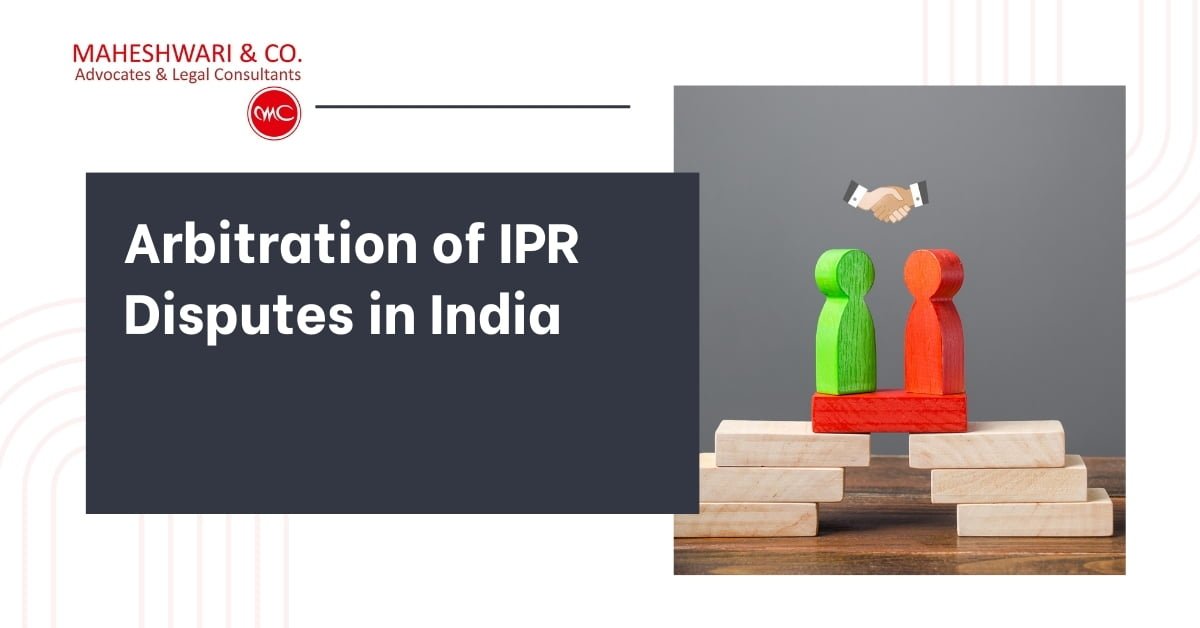Arbitration has become a desired mode for dispute resolution between parties. Arbitration depends excessively on the consent of a party to a contract to refer matters or disputes between them to arbitration. Though arbitration is a creature of party consent still disputes can only be arbitrated if they are private in nature and do not enter the realm of public disputes governed by public policy. Section 2(3)[1] of the Arbitration and Conciliation Act, 1996 (the Act), provides that certain disputes may not be submitted for arbitration and sections 34(2)(b) and 48(2) provide that court can set aside awards and refuse to enforce foreign awards if disputes are not capable of settlement through arbitration.[2] Hence, only disputes which have the subject-matter that can be adjudicated by a private forum can be sent for arbitration. Disputes that rely on public policy considerations and require determination of rights of the public at large, cannot be arbitrated. The Supreme Court in the case of Booz Allen v. SBI Home Finance Ltd.[3], laid down the law on arbitrable disputes. The court here held that disputes dealing with an action for a right in rem, that is, a right which can be exercised against the world at large, cannot be arbitrated. Only disputes with respect to rights in personam can be amenable to arbitration. The court however, held that disputes that deal with rights in personam that arise from rights in rem can be amenable to arbitration. In this case, however, the court did not opine on the merits of arbitrability of IPR disputes but in general laid down the law of arbitrability.
In the case of Vidya Droila v. Durga Trading[4], the Court laid down a four-prong test for determining matters that are not arbitrable as “(1) When cause of
[1] The Arbitration and Conciliation Act, 1996 § 2(3).
[2] The Arbitration and Conciliation Act, 1996 § 34(2)(b) & 48(2).
[3] Booz Allen and Hamilton Inc. v. SBI Home Finance Ltd. (2011) 5 SCC 532.
[4] Vidya Droila v. Durga Trading Corporation (2021) 2 SCC 1.
action and subject-matter of the dispute relates to actions in rem, that do not pertain to subordinate rights in personam that arise from rights in rem. (2) When cause of action and subject-matter of the dispute affects third-party rights; have erga omnes effect; require centralised adjudication, and mutual adjudication would not be appropriate and enforceable. (3) When cause of action and subject-matter of the dispute relates to inalienable sovereign and public interest functions of the State and hence mutual adjudication would be unenforceable. (4) When the subject-matter of the dispute is expressly or by necessary implication non-arbitrable as per mandatory statute(s).”[1] The court here opined that grant and issue of patents and registration of trade marks cannot be arbitrated as they fall within the jurisdiction of government action and grant monopoly rights and thereby possess egra omnes effect. Hence, intellectual property rights disputes that deliberate on matters that have an action in rem or have egra omnes effect can’t be arbitrated.
In the case of Eros International Media Limited v. Telemax Links India Pvt. Ltd. (2016)[2], where a term sheet which provided with the usage of various audio-visual materials between the parties was executed and contained an arbitration clause which referred disputes arising out of the term sheet to arbitration. The Plaintiff here contended that a Long Form Agreement had to be fulfilled before the Defendant could use the copyright of the Plaintiff and hence had infringed on the same. The Defendant, however, strived to enforce the arbitration clause and asked to refer the parties to arbitration as per Section 8 of the Act. The High Court held that the dispute could be sent for arbitration as “as between two claimants to a copyright or a trademark in either infringement or passing off action, that action and that remedy can only ever be an action in personam. It is never an action in rem.” The court held that “where there are matters of commercial disputes and parties have consciously decided to refer
[5] Vidya Droila v. Durga Trading Corporation (2021) 2 SCC 1.
[6] Eros International Media Limited v. Telemax Links India Pvt. Ltd. 2016 SCC OnLine Bom 2179.
these disputes arising from that contract to a private forum, no question arises of those disputes being non-arbitrable. Such actions are always actions in personam, one party seeking a specific particularized relief against a particular defined party, not against the world at large.” Hence, here the court allowed the arbitration of a copyright dispute as the issue at the core of the dispute was regarding rights in personam and the agreement between the parties.
Arbitration of disputes relating to issues concerning IP rights can be carried out so long as they provide for the determination of rights in personam. In view of the Booz Allen judgment, IP disputes that centre on contractual disputes and agreements that are rights in personam arising out of in rem rights can be arbitrated. Hence, arbitration of IP disputes is an exception. As the court held in the Vijay Kumar case, that simply because the dispute relates to trademarks does not oust the jurisdiction of the arbitral tribunal to arbitrate on the matter. The consideration of arbitrability must be in line with the four-pronged test laid down in the Vidya Droila case and whether the dispute requires the consideration of in rem rights or possesses egra omnes effect.
Author – Pooja singh (Senior Associate) and Shantanu Garg (Associate)
Co- Author – Shrishti Sharma (Intern)






